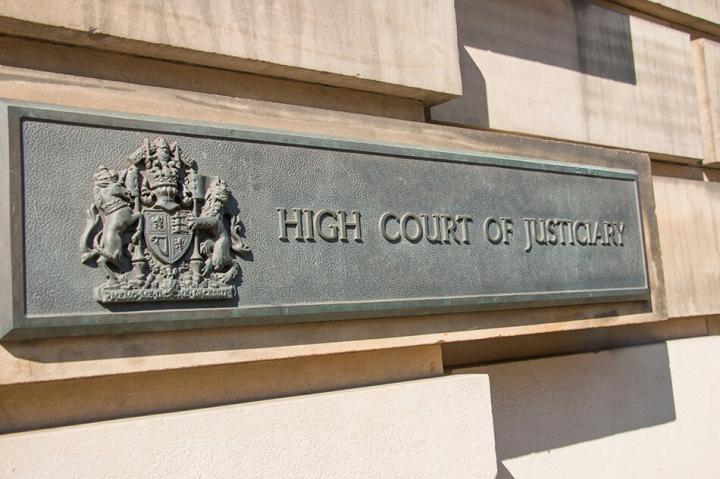More than just your constitution: what to consider if you are expelling a member of an unincorporated association

In a recent case, Haque and another v Faradhi and others [2023] EWHC 1135 (KB), the High Court found that the expulsion of a member from an unincorporated association (UA) breached the rules of natural justice.
The High Court held that the UA’s decision (made by its governing committee) to expel a member without using an independent panel was unfair, despite its constitution stating it had the option to conduct the expulsion hearing itself or use an independent panel. The expulsion had to have been done fairly. What this means will depend on the context of each case. In the present case, applying earlier case law, the court implied certain terms into the UA’s constitution, including a requirement that the decision to expel had to be made in good faith and not irrationally, arbitrarily, capriciously or for improper purposes, a requirement to give the member a fair chance to respond and a requirement for an impartial body to make the decision.
What you should consider
In deciding whether to expel a member, you should follow your UA’s constitution and consider the wider context to ensure the process is fair. This is the approach the courts will take if a decision is challenged.
In this case, under the constitution, the member should have had an opportunity to defend himself before the UA committee or a body appointed by it. The UA committee decided to conduct the hearing itself and declined the member’s request for the hearing to be before an independent panel. After the member declined to attend the committee hearing, because it was not being conducted by an independent body, the committee proceeded without the member and expelled him.
Because many of the panel members had witnessed or been subject to the conduct of the member in question, the court found it was unfair not to give the member a chance to present his account and to do so before an independent panel.
Despite the UA technically following its constitution, clearly the committee was not independent and unbiased. The failure to hold the hearing before an independent panel therefore justified giving the member a remedy.
Remedies
While a member might seek to have his or her membership reinstated, in this case, the UA had since been incorporated, and there was no merit in reinstatement because the relationship had broken down. This left the member with an entitlement to damages for breach of contract.
However, the case did not fall into any of the exceptions to the general principle that damages cannot be awarded for distress or injury to feelings resulting from a breach of contract. Therefore, the High Court awarded nominal damages of £100.
Main takeaway
You must follow your unincorporated association’s constitution when making any decision. However, when exercising a power of expulsion, you should consider all the circumstances and ensure you act in a fair, impartial and unbiased manner. If you do not, you could find the decision breaches the rules of natural justice and could be successfully challenged on that basis (although it is worth noting that a case of this nature involving a charity would have needed Charity Commission consent to go ahead). While damages may be nominal and reinstatement not guaranteed, more substantial damages or reinstatement are possibilities. Legal remedies aside, the time and cost of defending and dealing with the consequences of a defective decision in what are often relatively small organisations could be significant.
For help in relation to your own unincorporated association, club or charity, please contact Sam Pritchard at 0191 211 7905, or [email protected], or your usual Muckle contact.
